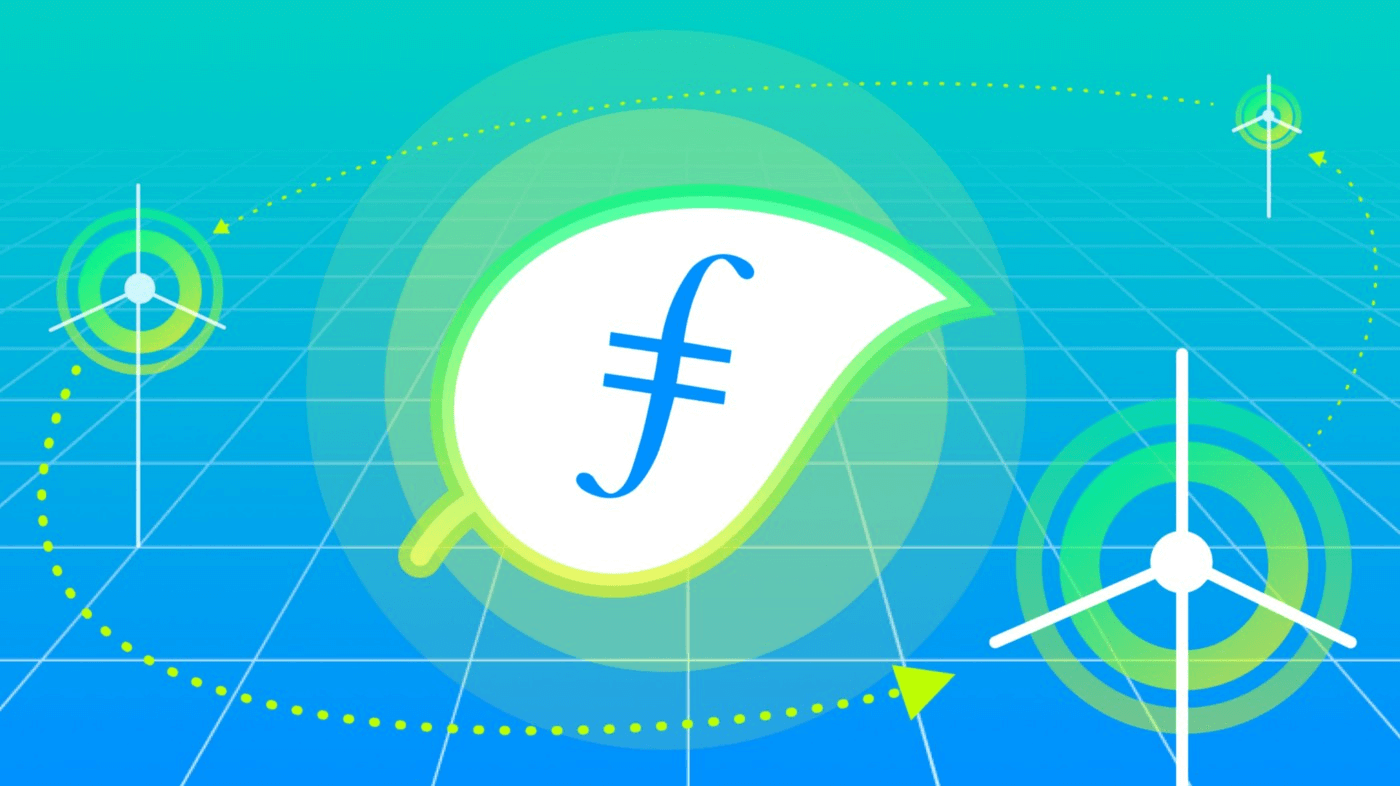
Watch Meet Up with Filecoin Green!
Sign up for the Filecoin Green email list to receive updates and meetup notifications, or join the #fil-green channel on Filecoin Slack.
Filecoin Green exists to do for sustainability what blockchains do for payments. Today, when a company claims to be ‘Green’ those claims generally require a lot of trust. We are asked to trust that the company accurately assessed its impacts, that they genuinely tried to reduce them, and that they did a good job matching their impacts to mitigations such as energy attribute certificates (EACs) and carbon offsets. The result is a lot of ‘JP Morgan Green’ projects with glossy pdfs, compelling case studies and slick powerpoints outlining their renewables strategy with no way to look under the hood and rigorously evaluate the details. This isn’t just true in the legacy economy: crypto projects making sustainability claims sometimes hold themselves to a ‘JP Morgan Green’ standard despite the fact that blockchains exist to enable public verifiability. A true ‘Blockchain Green’ standard would publish the raw data underlying every environmental claim just like blockchains publish transaction details.
We hope that one day every company making environmental claims will hold itself to a trustless, verifiable standard but before that happens we need to build the basic infrastructure to do this within Web3 itself. To get there, Filecoin Green has two near-term goals.
Firstly, we want to make Filecoin the first major verifiably sustainable blockchain: one in which we can assess the chain’s environmental impacts in granular detail, reduce them over time, match them to mitigations, and prove all of this using open data.
Secondly, we want to use Filecoin itself to support projects within our ecosystem and beyond that aspire to this standard. We believe that Filecoin is the best place to store any data, but in particular it is the best place to store open data. Not only is data stored on Filecoin publicly verifiable in the sense that it is content addressed, but also because storage providers submit proofs every day for every file showing that it persists. Not only is the network decentralized, but files can be stored redundantly with several specific storage providers and the level of redundancy itself is publicly verifiable (projects like Estuary make six copies). Not only does Filecoin integrate easily with IPFS and thereby grow the larger Merkle Forest, but this allows all sustainability data to coexist within a single cryptographically universal file system and to be used as the basis for public proofs.
Building this infrastructure is complex not only technically, but socially. To be successful, our goal of verifiable sustainability needs the creativity and energy of a huge number of people behind it. This includes people already within the Filecoin ecosystem: storage providers excited to be pioneers in publicly verifiable renewables claims and developers interested in using sustainability data in their projects. It includes projects currently outside of Filecoin who want to integrate their datasets into a universal network of renewables claims. It includes people in the renewables industry looking for crypto network customers whose backing may enable projects that otherwise would not get built. Whoever you are, if you’ve read this far down and are excited to contribute, it includes you.
We’ve started a series of meetups in order to give people a space to get involved, tentatively planned for the first Tuesday of each month. At each of these meetups we’ll hear from projects, companies or individuals who are contributing to Filecoin Green. The first meetup was held in early February, where we heard from DCENT hosting and Zero Labs.
DCENT Hosting
DCENT hosting is run by Hidde Hoogland Wijnand Schouten, and is one of the largest Filecoin Storage Prividers (SPs) in Europe. Between the two of them, they have years of experience in crypto mining (Hidde mined Ethereum starting 6 years ago before switching to Filecoin), data center design and networking. DCENT is located near Amsterdam, close to the internet backbone, allowing them to not just store decentralized data storage at scale but efficiently transfer data to clients and other SPs.
While their decision to switch from Ethereum mining to become a Filecoin SP was partially driven by the energy efficiency of Filecoin compared to PoW, the DCENT team wanted to go further. Beyond using less energy, could they use renewable energy? And what could they do to verify — to investors, clients, and the general public — that they are doing so?
The first step in this journey was to contact their electricity provider and search for renewable options. Many energy utilities offer this, which behind the scenes amounts to the utility buying Energy Attribute Credits (EACs, sometimes called RECs or GOs) matched to the client’s power consumption similar to the way that Filecoin SPs are increasingly matched with renewable energy. DCENT started buying wind power from their utility in January 2022, but these programs leave a lot to be desired. Rather than trusting the utility to handle renewables procurement behind the scenes, how could DCENT match their energy use to renewables in a way that is as transparent and publicly verifiable as possible?
To upgrade their renewables claims, DCENT applied for an Open Grant from the Filecoin Foundation that would allow them to not only install solar on their roof, but to provide publicly verifiable electricity production data and publish a roadmap for other SPs who want to do the same.
DCENT first procured rights to put solar on several sections of the roof and planned the project with a solar developer. The system is designed to produce a peak power over 91 kW, with a projected annual solar production of 80 MWh per year. This should cut their electricity bill by 40% and reduce their emissions by 52,000 kg per year, saving them money in the process. Installation of roof mounting equipment began in January, and the solar cells themselves will be installed in February.
In addition to producing solar energy, DCENT will install metering infrastructure which will make their solar production, Filecoin electricity use, and net power draw from the grid publicly available via an API. This will allow integration with tools aimed at determining the renewables credentials of their minerIDs, and for publicly verifiable accounting of their emissions in accordance with the Greenhouse Gas Protocol. In order to show that their measurements are accurate, their datasets and power bills will be audited by a third party. This will provide a comprehensive view into their environmental impact, and a basis for passing sustainability data to clients storing data on DCENT owned minerIDs.
Beyond demonstrating that DCENT itself uses renewable energy, this project will produce a public and open gameplan to help other SPs (and potentially miners of other cryptocurrencies) install colocated solar and prove their renewable credentials. In addition to sharing design details, the DCENT team is publishing a handbook based on their process and ROI spreadsheets in order to help guide projects in determining their payback periods. This should prove a useful starting point for other projects interested in incorporating rooftop solar into their equipment and renewables strategy.
If you want to get in touch with the DCENT team, email info AT dcent DOT nl
Zero Labs
Zero Labs is a startup spinning out of the Energy Web Foundation, a nonprofit aiming at decarbonizing energy through decentralized technology. The team met while working at Energy Web, and have been collaborating with Protocol Labs for several months to verifiably decarbonize Filecoin.
Zero Labs is a mission driven company, believing strongly that the energy system needs to be rapidly decarbonized and that decentralized technologies play a vital role in the energy transition. Their strategy revolves around Energy Attribute Certificates (EACs), sometimes called Renewable Energy Certificates or Guarantees of Origin, which can be used to certify energy coming from renewable sources. EACs are different from carbon offsets because they directly pay energy generators, which should incentivize the development of more renewables. They are tracked in regional registries throughout the world, which issue EACs and audit the projects selling them to ensure that they correspond to real energy produced and sold into the regional power grid.
The team is building a Web3 native global marketplace for renewable energy, which will allow anyone to not only buy EACs but use them to produce an NFT publicly proving that their energy use is renewable. This will use the Energy Web blockchain to connect ownership of these NFTs to EACs in global registries, establishing that the renewable credentials claimed by a project or individual really do correspond to renewable energy produced in the relevant power system.
Currently, the system tracks 84 GWh of EACs certifying Filecoin renewable energy use. This has several benefits for Filecoin SPs and the greater ecosystem. Firstly it allows Filecoin SPs to prove that their storage uses renewable energy. Secondly, by integrating with the reputation system it allows SPs to bolster their credentials with potential clients if the clients factor sustainability into their storage decisions. Thirdly, Zero Labs will be storing the certificates’ underlying EACs on Filecoin. This is a use case in which data supporting public verifiability claims is stored using Filecoin and made available for anyone who wishes to verify claims.
The Zero Labs team was recently incorporated and has planned out an ambitious roadmap to build tools for programmable sustainability. If you are interested in using their tools to procure and prove renewable energy, they are interested in speaking with you! Please reach out to the team using the ‘Contact Us’ form on their website.













